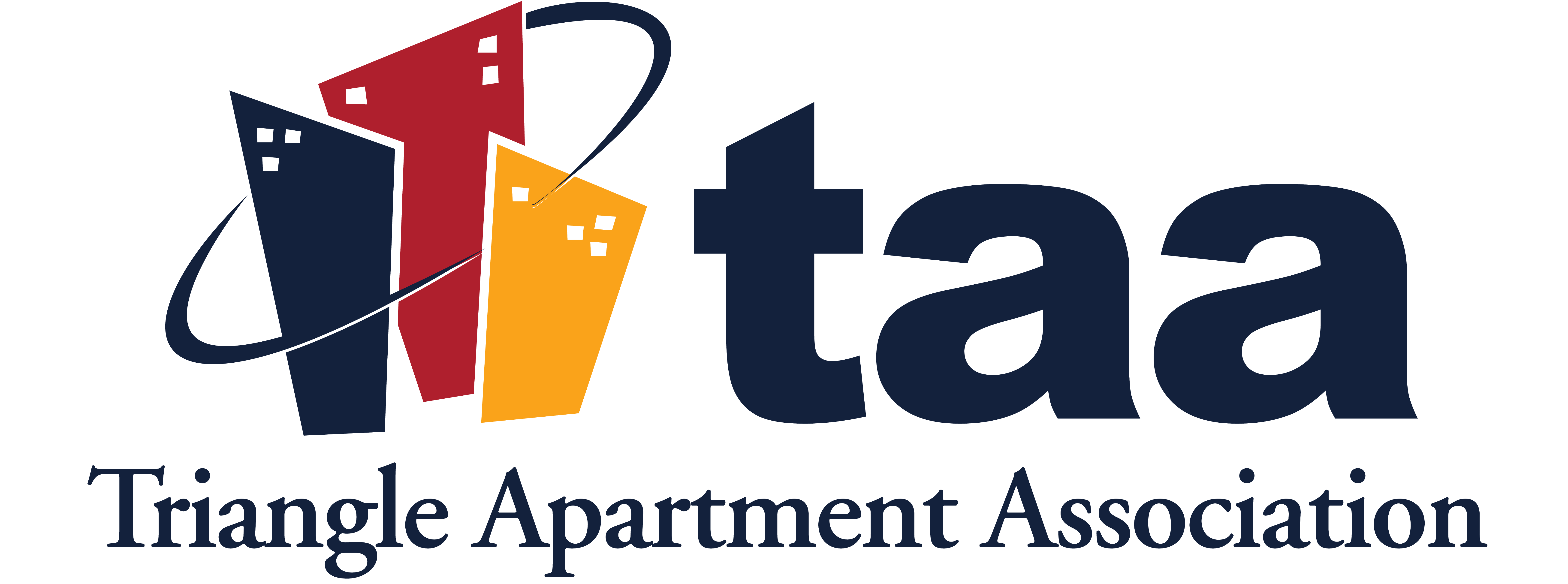Good News for Evictions Fees!
On March 21, 2019, a federal court granted summary judgment to Camden Development, Inc. and its co-defendants finding that it legally charged the plaintiff for attorney’s fees and court costs related to an action for summary ejectment when the plaintiff failed to timely pay his rent in
The basis for the ruling was in large part due to the “eviction fee” legislation, which we will refer to by its legislative designation, SB 224. SB 224 amended N.C.G.S. § 42-46, the law that governs a landlord’s ability to charge late, legal, and eviction fees. SB 224, championed by the NAA state and local affiliates, became effective on June 25, 2018. The defendants argued that SB 224 is merely a clarification that “eliminates any ambiguity” in N.C.G.S. § 42-46. The plaintiff argued that SB 224 “substantially and materially modified” N.C.G.S. § 42-46 and thereby has only or future effect under N.C. law. The court sided with the defendants (a/k/
To further understand this ruling, we'll provide a brief outline of the court’s reasoning as follows:
Court Costs & Service Fees:
- If SB 224 intended to “change,” rather than clarify N.C.G.S. § 42-46, it would only apply to fees charged after it was passed in 2018, but if SB 224 was intended to clear up or “clarify” N.C.G.S. § 42-46, then it would apply to all fees charged previously under N.C.G.S. § 42-46;
- Prior to SB 224, N.C.G.A.S. § 42-46 provided that it was illegal to collect fees not provided for in the statute, but the statute was not clear as to what fees were allowed;
- Because, prior to the passage of SB 224, N.C.G.S. § 42-46 was unclear as to what fees were permitted to be charged including whether and when the court costs and attorneys’ fees could be charged surrounding an eviction, SB 224 clarified, rather than changed when court costs and attorneys’ fees could be charged. Therefore, all fees provided under SB 224 were legally chargeable prior to 2018; and
- Additionally, as SB 224 was passed after and in response to a Wake County Superior Court judge’s ruling, it was further evidence that the law was intended to clarify the fees that were allowed to be charged under SB 224.
Attorneys’ fees:
- You can only recover attorneys’ fees if allowed by statute, and
a N.C . statute allows for recovery of attorneys’ fees if there is a written instrument showing an obligation to pay money and the money is collected through an attorney in an action reasonably related to an to collect a debt; and - An eviction action, even when not seeking a money judgment, is reasonably related to an attempt to collect a debt.
Although this is a very positive ruling for all of the North Carolina “eviction fee” cases, unfortunately, it is not yet “game over” for the eviction fee litigation, not even in the Camden action. This is because the ruling was from a trial judge and can be, and likely will be, appealed. Hopefully, this will be the beginning of a trend for rulings in the eviction fee cases.
As we have not yet reached certainty in this evolving issue, you should still seek legal advice and review of all policies related to charging fees related to evictions as the law continues to develop. This is especially important as further legislative clarifications will be sought in the 2019—2020 legislative sessions.
We will continue to keep you informed
This article is not legal advice and should not be relied upon as such.
This article was written and published with permission by Brownlee Whitlow & Praet, PLLC and was originally published in the 2019 April-May issue of the ApartMentor.
